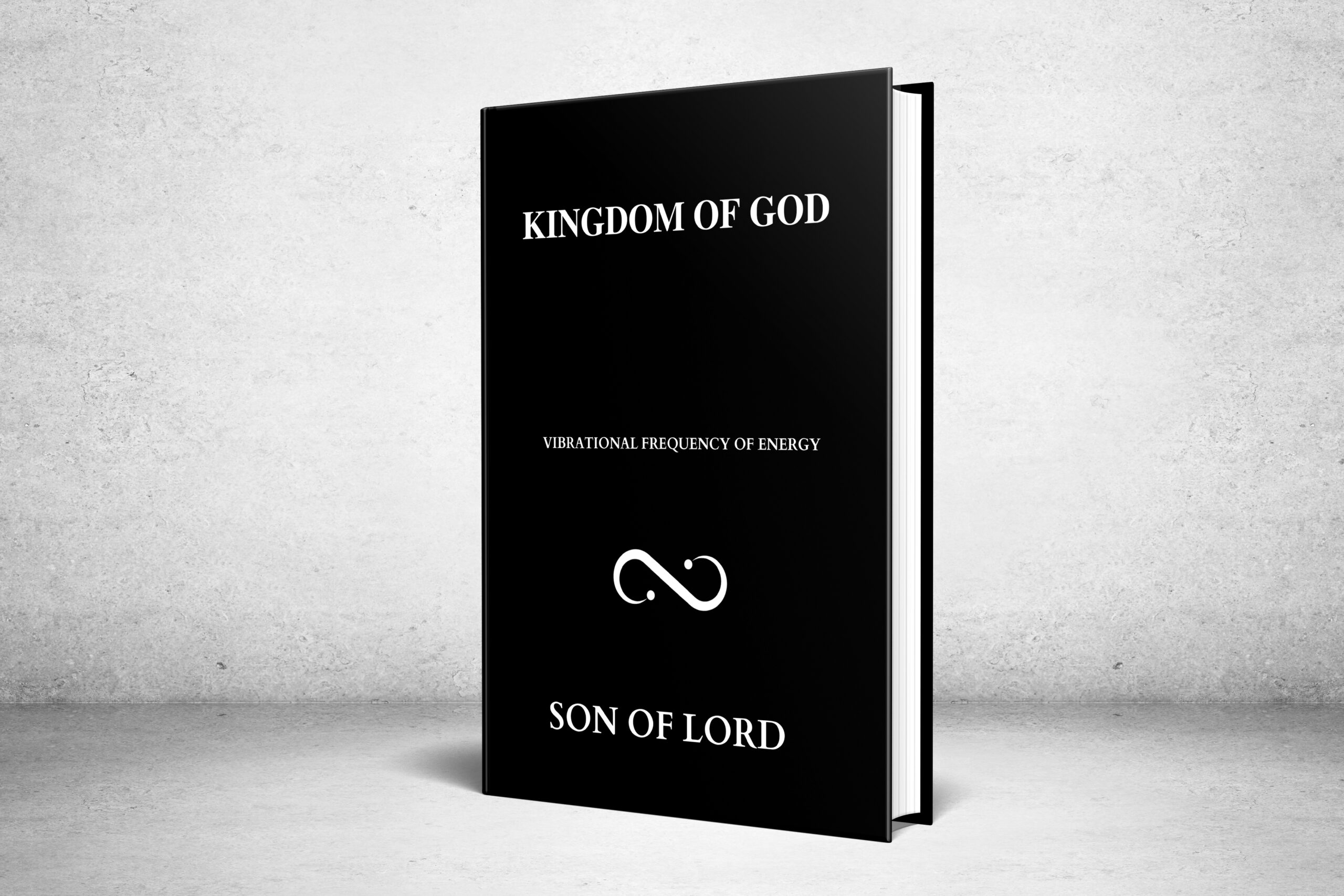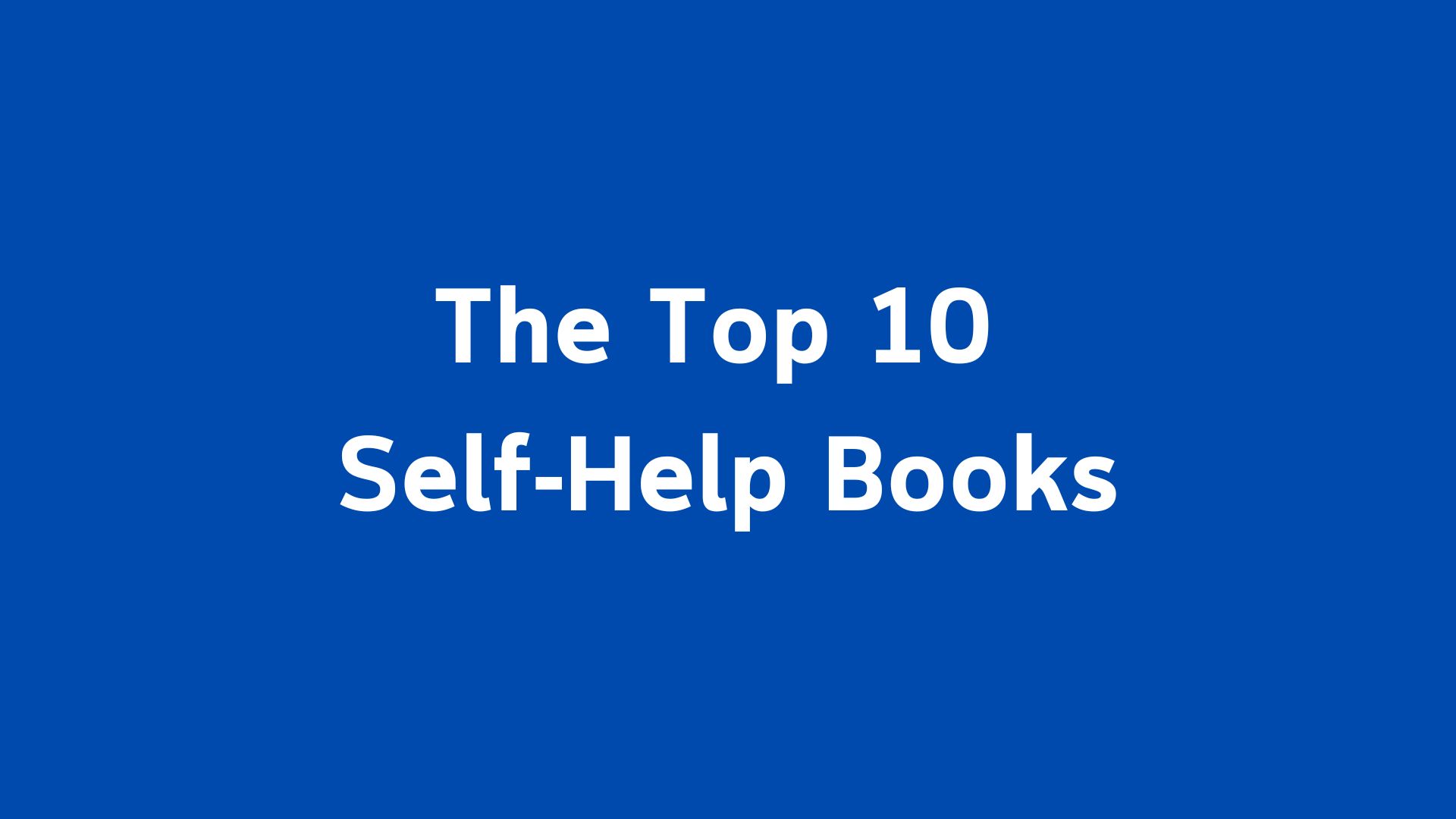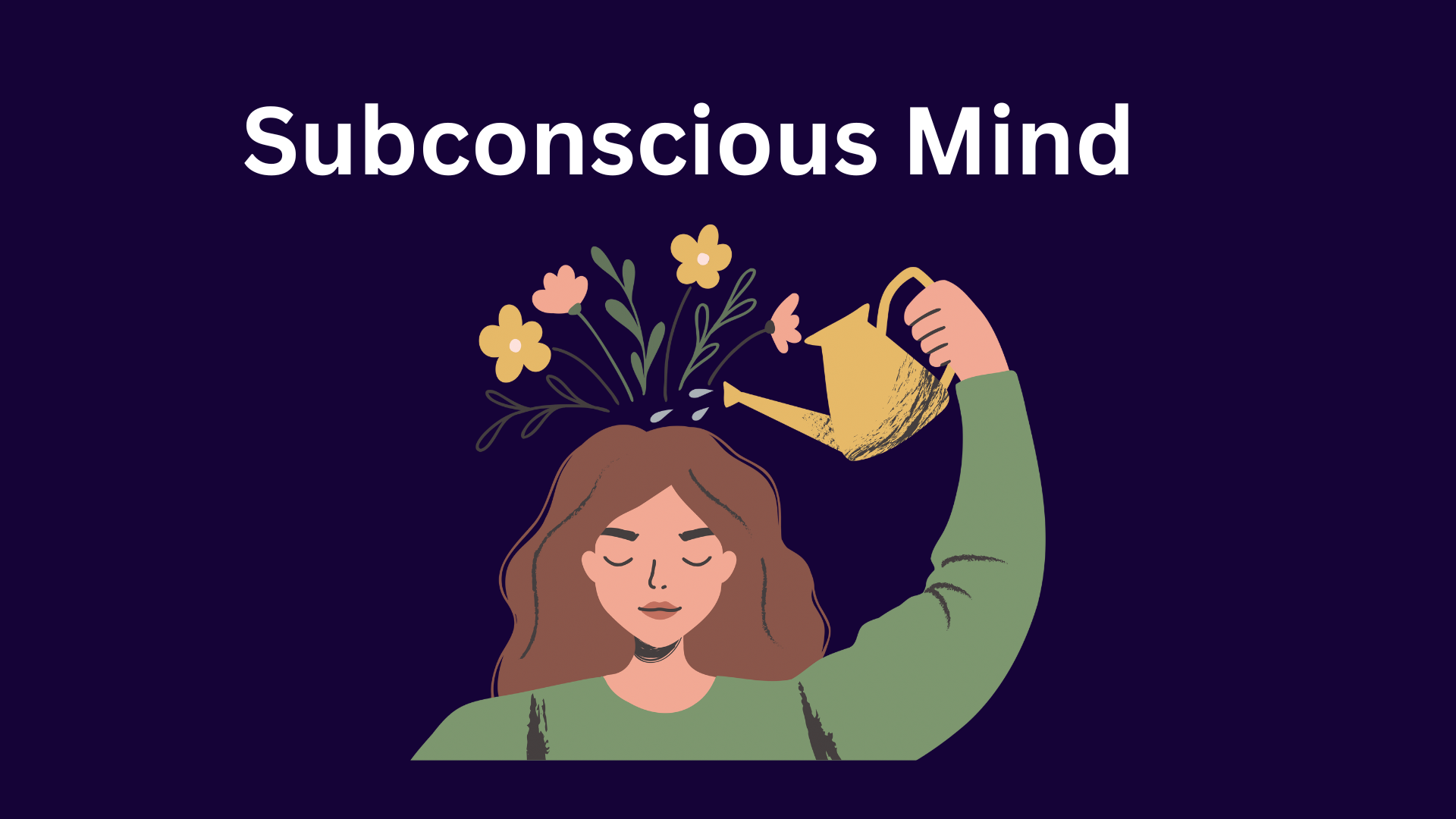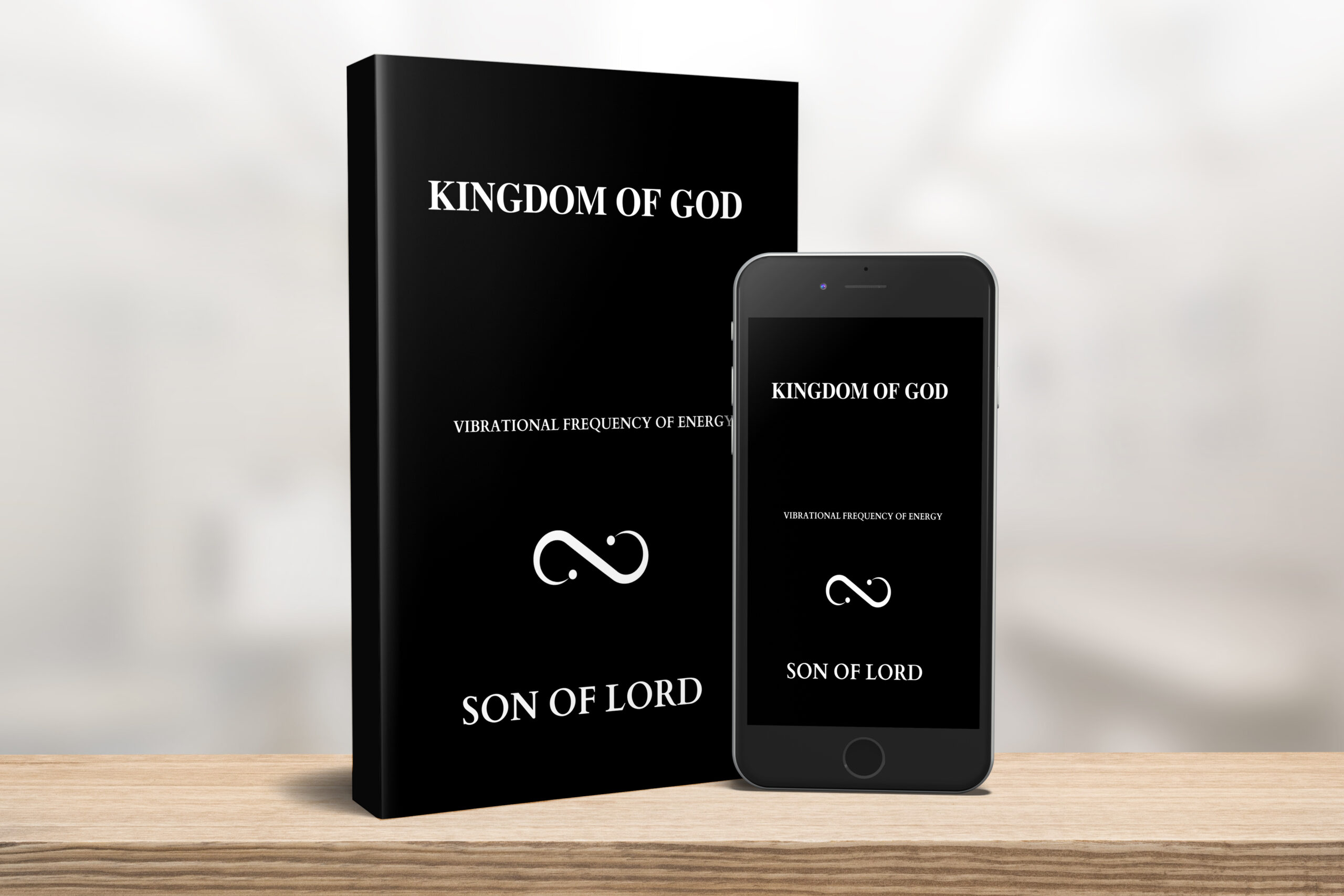Exploring the Depths of Consciousness: A Review of Insightful Literature
The exploration of consciousness—an enigmatic realm that resides at the intersection of philosophy, psychology, neuroscience, and spirituality—has intrigued scholars and laypeople alike for centuries. This opulent tapestry of human experience raises profound questions about the nature of existence, identity, perception, and reality itself. Among the myriad texts that delve into this complex subject, several stand out for their depth, rigor, and ability to foster meaningful discourse. This blog post aims to highlight seminal works that examine consciousness from various perspectives, illuminating pathways for understanding our own experiences.

1. “The Conscious Mind: In Search of a Fundamental Theory” by David J. Chalmers
David Chalmers’ groundbreaking work, “The Conscious Mind,” published in 1996, is often heralded as a modern classic in the philosophy of mind. Chalmers introduces the concept of the “hard problem” of consciousness—the quest to explain why and how subjective experiences arise from physical processes. While many scientists and philosophers have sought to bridge the gap between brain functions and conscious awareness, Chalmers posits that a purely physicalist approach falls short of capturing the richness of conscious experience.
Chalmers argues for a dual-aspect theory of consciousness, wherein both physical properties and experiential qualities coexist. He invites readers to consider the implications of this notion, engaging in a thorough examination of metaphysical questions surrounding reality and perception. Through his meticulous reasoning, Chalmers evokes an array of profound queries: What is the nature of subjective experience? How do we account for the qualitative aspects of consciousness? His book remains a crucial point of reference for anyone interested in grappling with these age-old mysteries.

2. “Consciousness: An Introduction” by Susan Blackmore
In “Consciousness: An Introduction,” Susan Blackmore provides a comprehensive overview of various theories and debates concerning consciousness. Blackmore, a psychologist and a researcher in consciousness studies, takes readers on an enlightening journey through neuropsychology, cognitive science, and philosophy. Her narrative is both accessible and academically rigorous, making it suitable for scholars and curious minds alike.
The book not only covers the historical evolution of thought regarding consciousness but also delves into cutting-edge research on altered states of consciousness, meditation, and the phenomenon of consciousness in non-human animals. Blackmore’s exploration extends to the social and cultural dimensions of consciousness, confronting the ways in which our contexts shape our subjective experiences. Ultimately, her work encourages readers to challenge their own beliefs about the nature of consciousness and consider the implications of a world that might be fundamentally different from our intuitive perceptions.

3. “Waking, Dreaming, Being: Self and Consciousness in Religion and Philosophy” by Evan Thompson
Evan Thompson’s “Waking, Dreaming, Being” intricately weaves together philosophy, cognitive science, and insights from Eastern and Western contemplative traditions. Thompson advocates for an integrated approach to understanding consciousness that transcends the limitations of traditional dichotomies separating mind from body and self from world.
Thompson posits that consciousness is not merely an isolated phenomenon but is deeply interrelated with our embodied experiences and immediate contexts. By examining states of consciousness—waking, dreaming, and meditative—he captures the fluidity of our subjective experience. Drawing on comparative studies of Buddhist philosophy and neuroscience, Thompson presents the idea that consciousness can be best understood as a relational, dynamic process rather than a static entity confined within the individual.
This book encourages us to embrace multiple dimensions of consciousness and provides valuable insights for those interested in meditation and mindfulness practices. Thompson’s scholarly yet approachable style invites readers to reflect on their own consciousness and the ways it manifests in their daily lives.
4. “The Feeling of What Happens: Body and Emotion in the Making of Consciousness” by Antonio Damasio
Antonio Damasio’s “The Feeling of What Happens” provides a compelling narrative on the vital role of bodily sensations and emotions in the formation of consciousness. Damasio, a neurologist, challenges the assumption that consciousness is solely a cognitive function. Instead, he posits that our physical experiences are integral to the development of self-awareness and emotional understanding.
By incorporating insights from neuroscience and psychology, Damasio elucidates the connection between emotions and consciousness, arguing that emotions play a paramount role in shaping our personal identities. His exploration extends to cases of neurological impairments, wherein patients with damaged emotional processing exhibit disruptions in their sense of self. Damasio’s work is a reminder of the complexity of consciousness, urging readers to appreciate the embodied nature of our experiences.
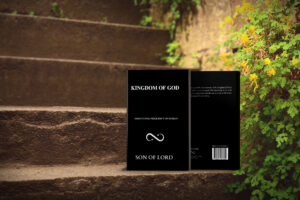
5. “Consciousness Explained” by Daniel C. Dennett
In “Consciousness Explained,” philosopher Daniel Dennett presents a provocative and comprehensive theory of consciousness that confronts traditional views head-on. Dennett argues against the notion of a central observer in the mind, proposing instead that consciousness is a narrative constructed from multiple processes happening in the brain. He introduces the concept of “multiple drafts,” suggesting that our conscious thoughts are just one narrative among many being continuously revised and edited by the brain.
Dennett’s humorous and engaging style makes complex ideas more relatable, and his willingness to challenge established norms invites readers to reconsider their preconceived notions about the self and consciousness. His synthesis of philosophy and cognitive science promotes a more scientific understanding of consciousness, allowing for a potential reconciliation between disparate fields of inquiry.
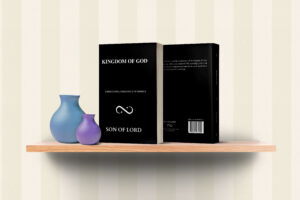
Conclusion: A Journey into Consciousness
The exploration of consciousness is a boundless undertaking, encompassing myriad dimensions of human experience and thought. The works discussed in this blog post serve as valuable resources for anyone seeking to deepen their understanding of this complex phenomenon. Each author offers unique perspectives, contributing to an ongoing dialogue that spans disciplines and cultures.
In an age where scientific discoveries challenge and expand our understanding of the mind, literature on consciousness serves as both a mirror reflecting our inner landscapes and a compass guiding us through the complexities of existence. As we engage with these texts, we are invited to embark on a journey into the self, confronting the mysteries that define our conscious experiences and, ultimately, our humanity.

